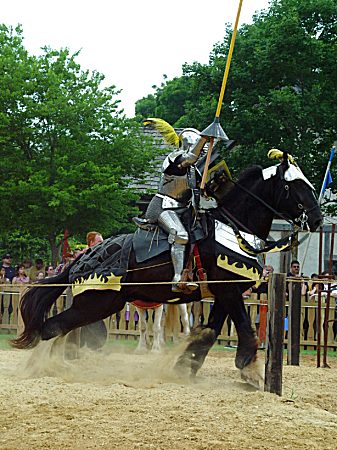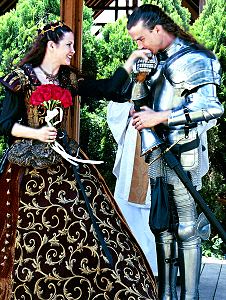Human resource and personality
In memory of the giant in modern management theory
1. Formally enterprises focused on the efficiency of the manual workers. Those on top who gave the orders and the others carried out. For manual work, we need only efficiency; that is the ability to do things right rather than the ability to get right things done. The manual worker can always be judged in terms of the quantity and quality of a definable and discrete output, such as a pair of shoes , a set of color TV, a batch of metal parts produced in unit working time. We have leaned how to measure efficiency and how to define quality in manual work during the last hundred years. Today the central of gravity in enterprises has shifted to knowledge workers, the majority of the people who have been schooled to use knowledge, theory and concept rather than physical force or manual skill work in enterprises. The imposing system of measurements which we have developed for manual work –from engineering to quality control- is not applicable to knowledge work. The simple truth is “measuring what one’s thinking is nearly impossible”. It could not be worse that an engineering department turns out beautiful blueprints for the wrong product. Working on the right thing is what makes knowledge work effective. Enterprises are trying various metrics for the effectiveness of the results from knowledge workers, such as the annual sales from a sales man, the unit price of the direct material from a procurement clerk. The soundness of the financial statues and countermeasures proposed by a officer . More often than not, the metrics can be the effectiveness of work from a group of knowledge workers like departments, sections, groups or teams which sometime called the key performance index of the organization or KPI for short. Effectiveness does not equal to intelligence, imagination or knowledge. In 21 century, High intelligence is common enough among executives, imagination is far from rare, the level of knowledge tends to be high. But there seems to be little correlation between a man’s effectiveness and his intelligence, his imagination or his knowledge. Intelligence, imagination and knowledge are valued only if effectiveness covers them into results Every knowledge worker in modern organization is an executive if, by virtue of his position or knowledge, he is responsible for a contribution that materially affects the capacity of the organization to perform and to obtain results. This may be the capacity of a business to bring about a new product or to obtain a large share of a given market. Such a man (or women) must make decisions; he can’t just take orders. He must take responsible for his contribution. And he is supposed, by virtue of his knowledge, to be better equipped to make the right decision than anyone else. Most managers are executives-though no all. But many non-managers are also becoming executives in modern society. For the knowledge organization, as we have been learning these last few years, needs both “managers” and “individual professional contributors” in positions of responsibility, decision-making, and authority. The knowledge worker is the one “factor of production” through which the leading companies become and remain competitive.


